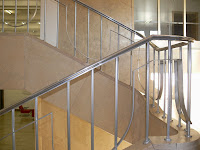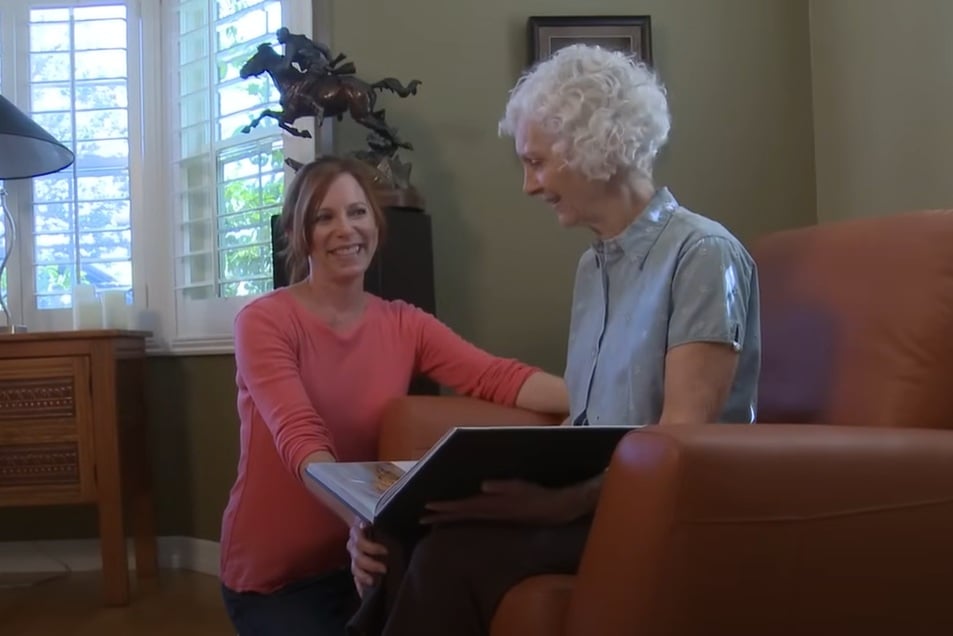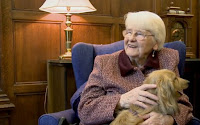Bathing problems are common in people with dementia. Once they are ready, special obstacles pop up. Here are a dozen simple techniques that can make bathing so much easier and more pleasant.


Bathing problems are common in people with dementia. Once they are ready, special obstacles pop up. Here are a dozen simple techniques that can make bathing so much easier and more pleasant.
SOURCE:






This site was inspired by my Mom’s autoimmune dementia.
It is a place where we separate out the wheat from the chafe, the important articles & videos from each week’s river of news. Google gets a new post on Alzheimer’s or dementia every 7 minutes. That can overwhelm anyone looking for help. This site filters out, focuses on and offers only the best information. it has helped hundreds of thousands of people since it debuted in 2007. Thanks to our many subscribers for your supportive feedback.
The site is dedicated to all those preserving the dignity of the community of people living with dementia.
Peter Berger, Editor
Share this page To

There is a moral task of caregiving, And that involves just being there… (Posters)

DEMENTIA is a group of symptoms common to over 50 disorders. Alzheimer’s disease is the most common type of dementia. Learn about the 10 most common types of dementia.

See the positive memory-impact of your caffeinated “morning routine”. Learn the real effects of coffee on the brain, from Johns Hopkins University.

First drug to modestly slow Alzheimer’s cognitive decline, based on 1,800 patients.
Visit Alzheimer's Weekly On
Alzheimer’s & Dementia Weekly was inspired by my mother’s journey with autoimmune dementia and my dad’s with Parkinson’s dementia.
Walking beside them opened my eyes to the confusion, the courage, and the deep humanity found in families and professionals caring for someone they love.
Since its debut in 2007, this site has had one clear mission:
to separate the wheat from the chaff — to highlight only the most essential articles, studies, tools, and videos from the overwhelming river of dementia-related information.
(At last count, Google receives a new post on Alzheimer’s or dementia every seven minutes.) For anyone seeking clarity or support, that constant flow can be exhausting and discouraging.
Alzheimer’s Weekly filters, translates, and explains what matters most, helping hundreds of thousands of families, clinicians, and care teams around the world make sense of the latest research and best practices.
This site is dedicated to everyone who works—often quietly and tirelessly—to preserve dignity in the community of people living with dementia.
With experience in dementia caregiving, public education, and Alzheimer’s-focused writing—and a professional research background shaped in what many consider one of the world’s top laboratories—I work to make complex findings clear, practical, and genuinely helpful for both families and professionals providing care.
My goal is simple:
Translate the best science into guidance that lightens the load, strengthens understanding, and helps every person with dementia live with dignity.
Peter Berger
Editor, Alzheimer’s Weekly
As a Coach for care givers, I value the information this newsletter provides. I include it on my resource list that I provide for clients.
My frustration occurs when I am blocked from opening an article that is a video. Help, please.
I deal with dementia every day in my personal life and in my work life. In all the training and personal experience I've ever gotten in my life surrounding dementia I have never been told to lie to them. I know what any dementia patient wants more is to be treated with respect and honesty and lying to them saying they're going to go to the spa is just being disrespectful. Also this video is beyond staged and not how typical dementia people will react. This is the first and last time I ever come to this website.
For my situation assisting my husband with a shower is difficult. i do create a comfortable environment for him and explain what the next step of cleaning himself is. I tell him i want to massage his back and legs which means i am going to wash his backside top to bottom with gentle massaging motions. Is this lying? I say no. it is meeting his hygiene needs with compassion. He can't always communicate his fears and pleasures but i get a kiss when we are done and he says he feels much better. We treat shower time as something special. I am a 24/7 caregiver. and any tips or ideas are greatly appreciated.
My beloved Late Dad developed a fear of the water…Baths became impossible..so we had to wash him head to toe while he stood in the bathroom. To see such a great man be so terribly stripped of every bit of dignity was heartbreaking. Thankfully I knew he was not aware in such a manner to he embarrassed but I know if he did know he would have been mortified…I also had to be with him when going to the toilet to tell him what to do…He had the most loving care from me and a lady who assisted. I miss him so much.
If only it was easy s that.My Dad can not answer or tell me what he likes or dislikes.